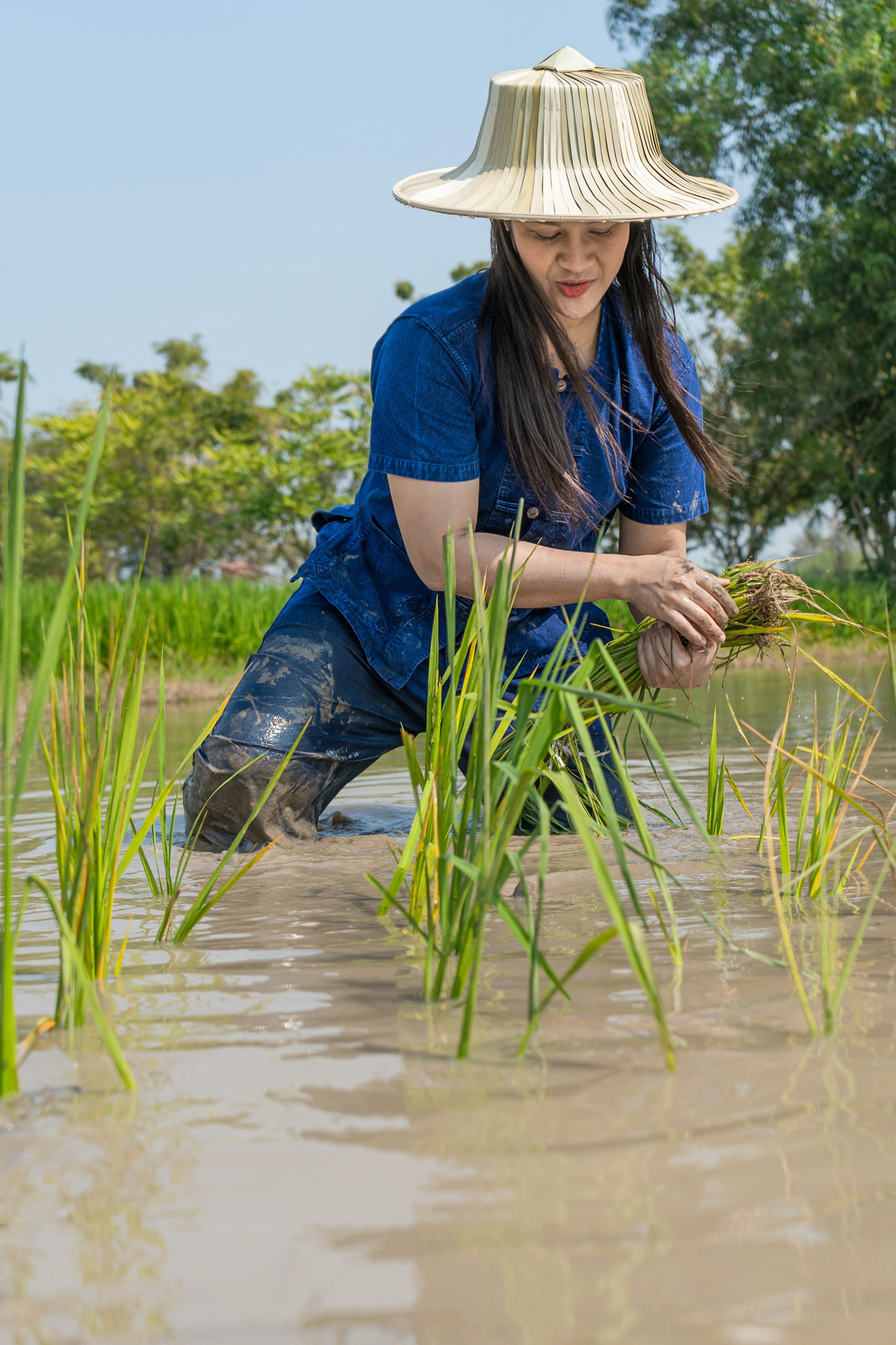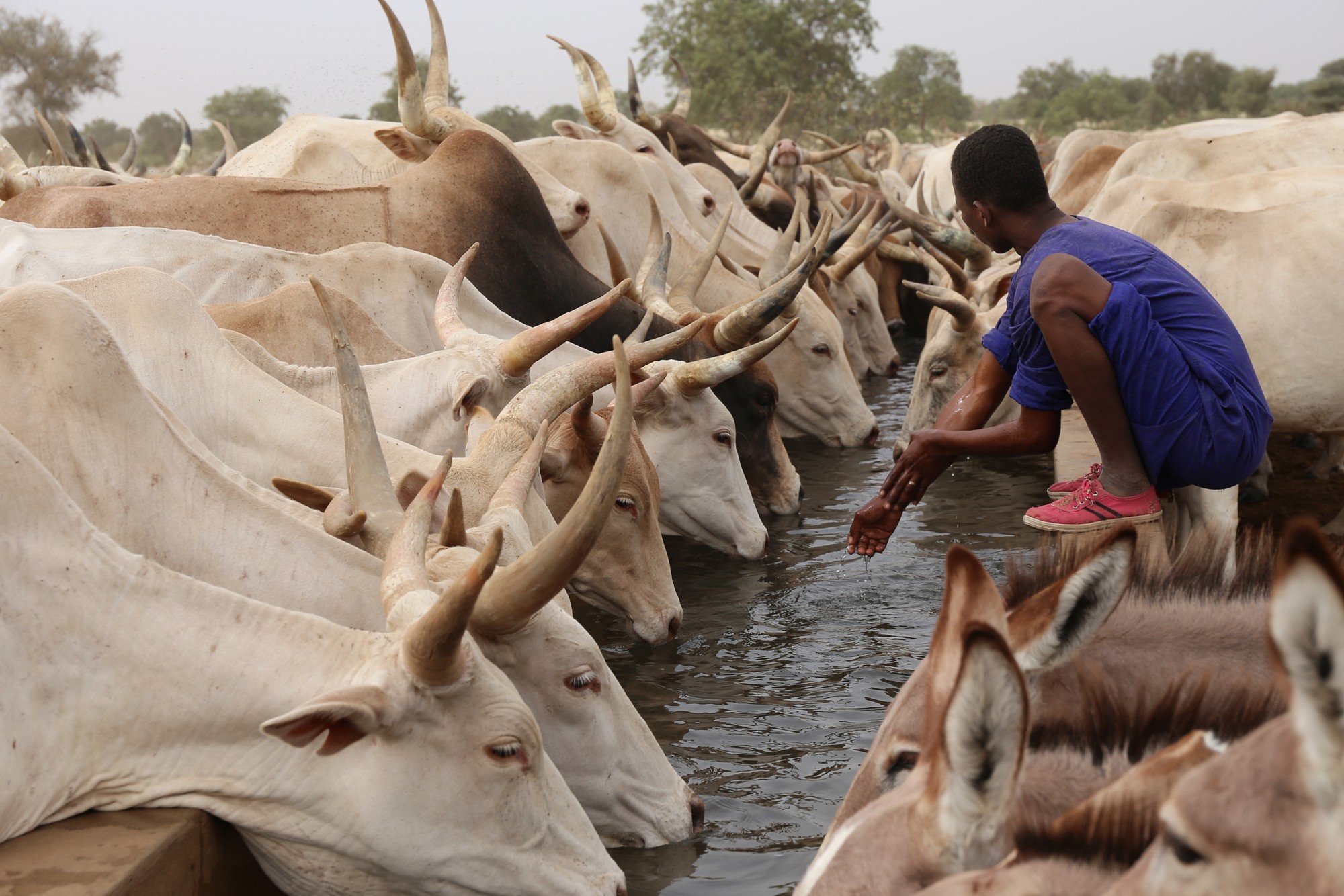As climate risks grow, the Least Developed Countries Fund (LDCF) and the Special Climate Change Fund (SCCF) are key GEF financing instruments for supporting adaptation in vulnerable countries.
Their effectiveness depends not only on immediate outputs but also on how projects sustain resilience and inform future action. The 2024 Annual Evaluation Report (AER) synthesizes evidence from five evaluations covering projects implemented from GEF-3 to GEF-7, providing lessons across agriculture, water, nature-based solutions, and climate information and early warning systems.
Without climate-smart agricultural practices, food security and rural livelihoods remain at high risk from climate change.


Evaluation overview
- Outcomes improved when projects advanced climate-smart agriculture, community-based water management, or early warning systems, with some showing recovery through adaptive management and partnerships.
- Barriers include limited planning for sustainability, uneven private sector and youth engagement, and challenges in aligning adaptation priorities across institutions.
- The report recommends strengthening sustainability in design, increasing engagement of diverse stakeholders, and improving governance, policy alignment, and knowledge exchange.
Methodology
The AER reviews 426 projects supported by LDCF, SCCF, and multitrust fund resources totaling $2 billion, drawing on portfolio reviews, thematic evaluations, and case evidence from 22 Trust Fund and 22 adaptation projects.




